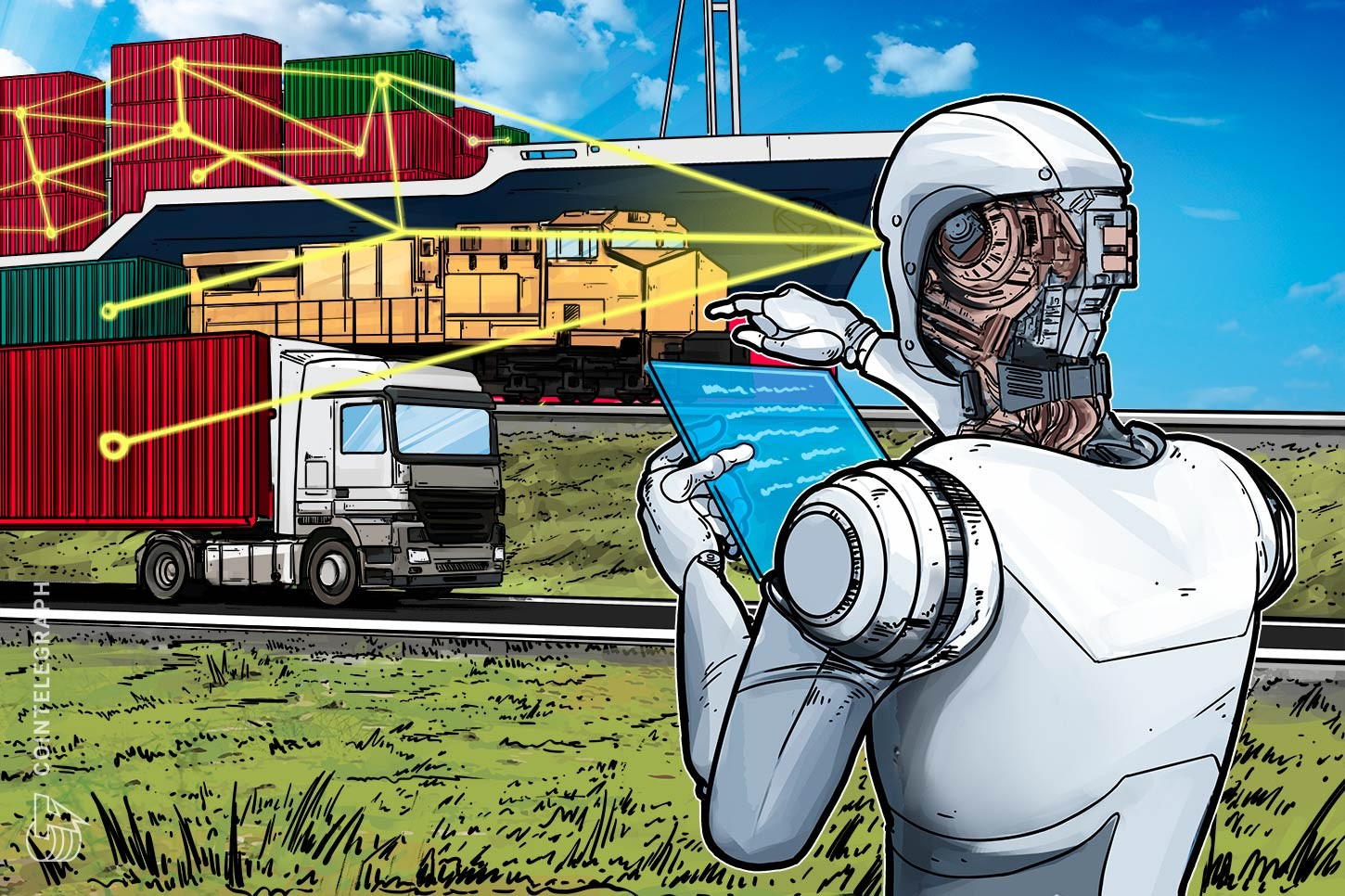Global technology giant IBM will use its blockchain platform to monitor and trace supplies of cobalt from the Democratic Republic of Congo, the company confirmed in a press release on Jan. 15.
IBM, which has already used the in-house IBM Blockchain platform built on the Hyperledger Fabric in multiple use case environments, will now target the rapidly expanding supplies of cobalt needed for electric cars and consumer devices.
The scheme will run in tandem with motor company Ford, South Korean cathode maker LG Chem and China’s Huayou Cobalt. RCS Global, a multinational responsible sourcing company, will also monitor the proceedings.
“With the growing demand for cobalt, this group has come together with clear objectives to illustrate how blockchain can be used for greater assurance around social responsibility in the mining supply chain,” the general manager at IBM’s Global Industrial Products Industry Manish Chawla commented in the release. Chawla added:
“The initial work by these organizations will be used as a precedent for the rest of the industry to be further extended to help ensure transparency around the minerals going into our consumer goods.”
A pilot scheme is already in progress, the participants said, addressing the need to assure supply chain entities their raw materials are responsibly sourced.
The Congo, where the bulk of the world’s cobalt supplies lie, is at present a highly unstable country, with insurgencies and violence common. The blockchain scheme should thus tackle issues regarding child labor or similar exploitation, the press release notes.
“We remain committed to transparency across our global supply chain,” Ford’s vice president of global purchasing and powertrain operations Lisa Drake continued, adding:
“By collaborating with other leading industries in this network, our intent is to use state-of-the-art technology to ensure materials produced for our vehicles will help meet our commitment to protecting human rights and the environment.”
The plans are just one part of IBM’s total blockchain integration. Earlier this month, Cointelegraph reported on how the company’s other project, TradeLens, had likewise seen a further implementation with Saudi Arabia targeting cross-border trade.


